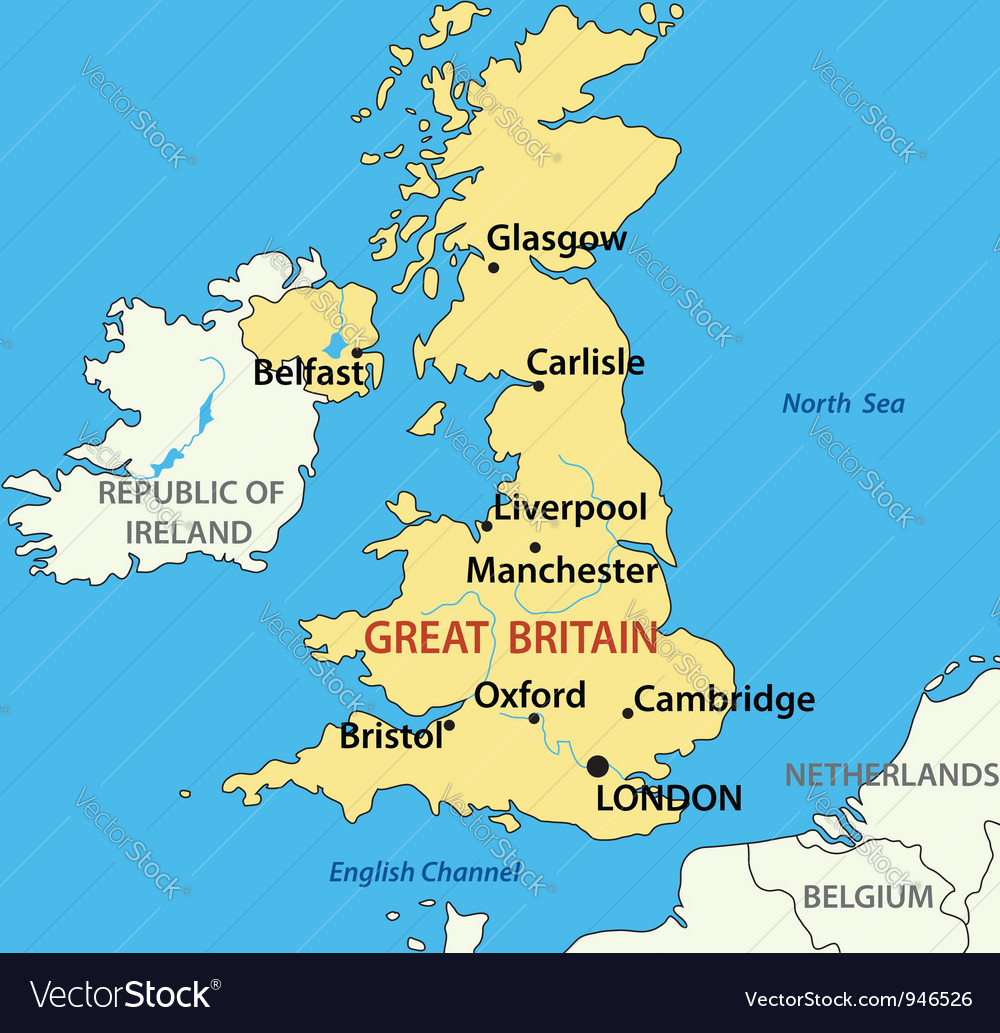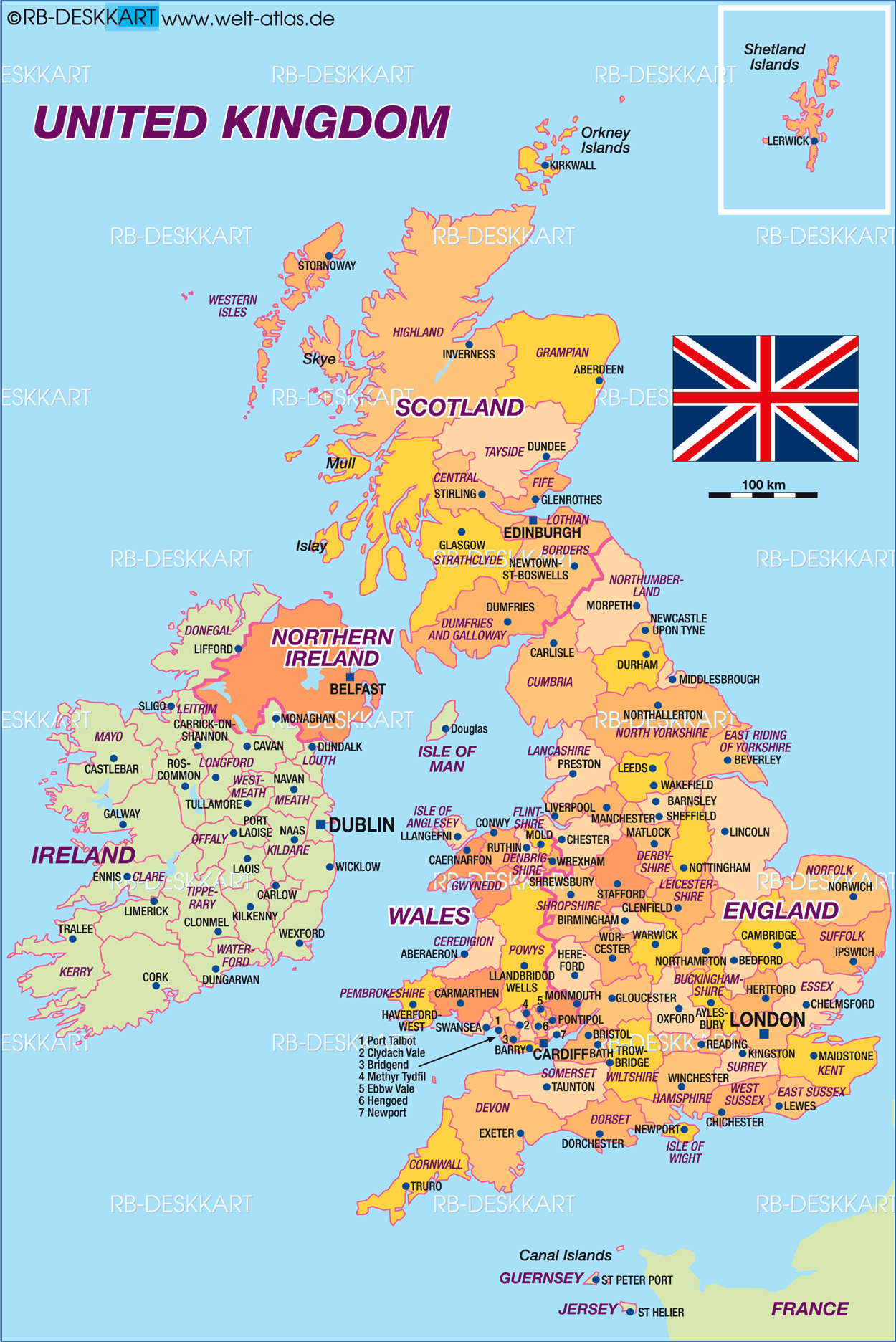Britain & Iran: A Tumultuous History Of Complex Relations
The Deep Roots of Anglo-Persian Engagement
Early Encounters and Cultural Exchange
The Great Game and Imperial Ambitions
Shifting Sands: The Pahlavi Era and Growing Tensions
Reza Shah and British Influence
Oil, Coups, and Cold War Dynamics
The Islamic Revolution: A Seismic Shift in Britain Iran Relations
Diplomatic Rupture and Re-engagement
Persistent Tensions and Incidents
Contemporary Challenges: Navigating a Volatile Landscape
Nuclear Diplomacy and Sanctions
Regional Dynamics and Geopolitical Pressures
The Human and Economic Dimensions
Travel and Safety: Guidance for British Citizens in Iran
Economic Ties and Their Complexities
The Chagos Islands Deal: A New Diplomatic Twist
Looking Ahead: The Future of Britain Iran Relations
The Deep Roots of Anglo-Persian Engagement
The story of Britain Iran relations stretches back far further than many might imagine, predating the modern nation-states and the geopolitical complexities we observe today. Long before Iran adopted its current name in 1935, when it was known to the West as Persia, political ties with England were already being forged. These early interactions laid the groundwork for centuries of intricate engagement, marked by periods of alliance, competition, and profound cultural exchange.Early Encounters and Cultural Exchange
Indeed, political relations between England and Persia can be traced back to the late Ilkhanate period in the 13th century. It was during this era that King Edward I of England, recognizing the strategic importance of the region, dispatched Geoffrey of Langley to the Ilkhanid court, seeking a potential alliance. This early diplomatic overture underscores a long-standing recognition of Persia's pivotal role on the global stage. Beyond the realm of politics, trading and cultural relations between Britain and Iran—or England and Persia, as they were then known—flourished significantly from the early 17th century. This period saw a vibrant exchange of goods, ideas, and artistic expressions. British merchants ventured into Persian markets, seeking silks, carpets, and spices, while Persian culture, with its rich literary tradition, began to captivate European intellectuals. The English, notably, vied with the French as some of the earliest translators of Farsi poetry into European languages. This dedication to translating and appreciating Persian literary masterpieces speaks volumes about the depth of cultural fascination. Anyone who knows anything about Iranian culture knows the great cultural and symbolic significance of its poetry, philosophy, and art, which deeply resonated with and influenced European thought. This cultural bridge, built on mutual curiosity and admiration, stands as a testament to the enduring human connections that transcend political boundaries, even as the political landscape shifted.The Great Game and Imperial Ambitions
The 19th century introduced a new, more fraught chapter in Britain Iran relations: the era of "The Great Game." This geopolitical rivalry saw the British Empire and Tsarist Russia vying for influence across Central Asia, with Persia often caught in the middle as a strategic buffer state. British interests were primarily driven by the protection of its Indian Empire, necessitating a stable and, ideally, compliant Persia. This period was characterized by a series of diplomatic maneuvers, economic pressures, and occasional military interventions. Tensions frequently flared, as exemplified by the imbroglio involving Mr. Murray, the British Minister to Iran, who left Tehran in "high dudgeon" following a significant diplomatic spat. Such incidents underscored the delicate balance of power and the frequent friction arising from imperial ambitions. Persia, under various Qajar shahs, struggled to maintain its sovereignty amidst these powerful external forces. For instance, in 1855, Mīrzā Āqā Khan, a prominent Persian statesman, turned his attention to Herat, a strategically vital city in Afghanistan, where a new opportunity to reestablish Iranian control presented itself. Grasping this opportunity, the Shah sent an army to Afghanistan, leading to further British concern and intervention, as London viewed Persian expansion as a threat to its regional interests. This era firmly cemented Persia's position as a crucial chessboard in the grand strategy of European powers, laying the groundwork for future British involvement in the country's internal affairs.Shifting Sands: The Pahlavi Era and Growing Tensions
The early 20th century marked a significant transformation in Iran, with the rise of the Pahlavi dynasty. This period, particularly under Reza Shah, saw concerted efforts towards modernization and a stronger assertion of national sovereignty, yet it also brought new complexities to Britain Iran relations. The strategic importance of Iranian oil, discovered in the early 20th century, added another layer to the already intricate relationship, transforming it from primarily geopolitical to heavily economic.Reza Shah and British Influence
Under King Reza Shah Pahlavi, who reigned from 1925 until he was forced to abdicate in 1941, Iran embarked on an ambitious program of modernization, aiming to emulate Western development. While Reza Shah sought to reduce foreign influence, Britain remained a dominant external power, particularly through its control over the Anglo-Persian Oil Company (later Anglo-Iranian Oil Company, AIOC). This control often led to resentment within Iran, as many felt the country was not receiving a fair share of its own oil wealth. The Second World War further complicated matters. Despite Reza Shah's declared neutrality, the Allied powers, particularly Britain and the Soviet Union, viewed Iran's strategic location and its oil resources as vital. In 1941, fearing Reza Shah's perceived pro-Axis sympathies and needing a supply route to the Soviet Union, Britain and the Soviet Union jointly invaded Iran, forcing the Shah's abdication in favor of his young son, Mohammad Reza Pahlavi. This intervention, though framed as a wartime necessity, left a lasting scar on Iranian national pride and deepened suspicions regarding British intentions.Oil, Coups, and Cold War Dynamics
The post-World War II era saw the simmering tensions over oil rights boil over. In the early 1950s, the democratically elected Prime Minister Mohammad Mosaddegh moved to nationalize the AIOC, a move widely popular in Iran but vehemently opposed by Britain. This act of nationalization sparked a major international crisis, severely straining Britain Iran relations. Britain, feeling its vital interests threatened, imposed an oil embargo on Iran and sought international support against Mosaddegh. The crisis culminated in 1953 with a coup d'état that overthrew Mosaddegh and restored the Shah to full power. While the United States played a more overt role in the coup, British intelligence was deeply involved in its planning and execution. This event, known as the 1953 Iranian coup d'état, left an indelible mark on Iran's collective memory, fueling anti-Western sentiment and a deep-seated distrust of foreign intervention, particularly from Britain and the United States. Throughout the Cold War, Iran remained a key Western ally in the region, but the underlying resentments and historical grievances continued to simmer, setting the stage for the dramatic shifts that would follow.The Islamic Revolution: A Seismic Shift in Britain Iran Relations
The year 1979 marked an irreversible turning point in Iran's history and, consequently, in its relationship with the Western world, including Britain. The Islamic Revolution, which overthrew the Shah's monarchy, fundamentally reshaped Iran's political, social, and foreign policy landscape, ushering in an era of profound ideological divergence and often severe diplomatic friction with the UK.Diplomatic Rupture and Re-engagement
Relations with Iran have been shaky since the Islamic Revolution in 1979. The revolutionary government, founded on principles of anti-imperialism and independence from foreign influence, viewed Western powers, especially Britain and the United States, with deep suspicion. This led to an immediate and dramatic deterioration of diplomatic ties. After the revolution of Iran in 1979, Britain suspended all diplomatic relations with Iran, reflecting the profound ideological chasm that had opened between the two nations. For nearly a decade, direct diplomatic channels were severed, underscoring the severity of the break. It wasn't until 1988 that Britain did not have an embassy, but then it was reopened, signaling a cautious attempt to re-establish some form of engagement, albeit often fraught with challenges. The British Embassy represents the UK in Iran, but its operations have frequently been curtailed or suspended due to heightened tensions. This period of diplomatic rupture and slow, often fragile, re-engagement highlights the difficulty of bridging the ideological and political divides that emerged from the revolution.Persistent Tensions and Incidents
Even after the re-establishment of diplomatic ties, Britain Iran relations have been plagued by a series of incidents that underscore the deep-seated mistrust and differing geopolitical priorities. These incidents range from diplomatic expulsions to direct confrontations, keeping the relationship in a perpetual state of fragility. One notable instance of bilateral friction occurred when Iran and Britain expelled each other's diplomats over the IRA issue. This tit-for-tat expulsion highlighted how even seemingly unrelated domestic issues could become points of contention in the broader, strained relationship. More dramatically, in 2007, Iran detained 15 British navy personnel in the Persian Gulf, accusing them of trespassing into Iranian waters. This incident sparked a major international crisis, demonstrating the potential for military encounters to escalate rapidly and further damage already delicate relations. These events, alongside broader geopolitical issues such as interpretations of Islam, the awakening of the Islamic world, and relations with the United States, Europe, and other Western countries, have consistently strained the ties between Iran and Western nations, including Britain. The complex web of regional rivalries, as seen in bilateral relations between countries like Bahrain and Iran, where relations have been strained since the 1979 Iranian Revolution, further illustrates the challenging environment in which Britain Iran relations operate. Each incident, whether a diplomatic spat or a military confrontation, adds another layer to the complex and often adversarial narrative between London and Tehran.Contemporary Challenges: Navigating a Volatile Landscape
In the 21st century, Britain Iran relations continue to be defined by a complex interplay of historical grievances, regional rivalries, and global geopolitical shifts. The Iranian nuclear program, regional proxy conflicts, and the broader dynamics of the Middle East have ensured that the relationship remains one of constant negotiation and occasional confrontation.Nuclear Diplomacy and Sanctions
The Iranian nuclear program has arguably been the most significant flashpoint in Britain Iran relations in recent decades. Britain, as a signatory to the Joint Comprehensive Plan of Action (JCPOA), or the Iran nuclear deal, has been deeply involved in diplomatic efforts to constrain Iran's nuclear ambitions. However, the withdrawal of the United States from the deal under the Trump administration complicated matters significantly. During this period, Britain and other European allies found themselves in a difficult position, publicly pressured by Trump to support any intervention on Israel’s side, even as they sought to preserve the nuclear agreement. This created a delicate balancing act for British diplomacy, trying to uphold international agreements while navigating the strong influence of its closest ally. Sanctions, both international and unilateral, have been a primary tool used by Western powers, including Britain, to pressure Iran over its nuclear program and other contentious activities. While intended to compel Iran to change its policies, these sanctions have also had a profound impact on the Iranian economy and society, further exacerbating anti-Western sentiment and complicating the path to genuine rapprochement. The ongoing cycle of nuclear negotiations, sanctions, and Iranian counter-measures continues to shape the trajectory of Britain Iran relations.Regional Dynamics and Geopolitical Pressures
Beyond the nuclear issue, regional conflicts and geopolitical pressures in the Middle East consistently cast a shadow over Britain Iran relations. Iran's involvement in conflicts in Syria, Yemen, and Iraq, often through proxy groups, is viewed with deep concern by Britain and its regional allies. These activities are seen as destabilizing the region and challenging the existing balance of power. Britain, committed to regional stability and the security of its allies, frequently finds itself at odds with Iran's foreign policy objectives. This divergence often leads to diplomatic condemnations, calls for de-escalation, and support for opposing sides in various conflicts. The broader context of Iran's strained relations with the United States and other Western countries, stemming from the 1979 revolution and its aftermath, means that Britain's approach to Iran is often intertwined with a larger Western strategy. Navigating these complex regional dynamics requires careful diplomacy, as any misstep could have significant repercussions for regional security and the fragile state of Britain Iran relations.The Human and Economic Dimensions
While political and security concerns often dominate headlines, the human and economic dimensions of Britain Iran relations are equally significant. These aspects touch upon the daily lives of citizens, the flow of goods and services, and the broader cultural connections that persist despite diplomatic challenges.Travel and Safety: Guidance for British Citizens in Iran
For British citizens considering travel to Iran, or those already residing there, safety and security are paramount concerns. The British government provides comprehensive guidance for British people in Iran, including information on safety and security, entry requirements, and travel warnings. This guidance is crucial given the often-volatile nature of Britain Iran relations. The Foreign, Commonwealth & Development Office (FCDO) regularly updates its travel advice, reflecting the prevailing political climate and any specific threats. Due to the sensitive political environment, dual nationals (individuals holding both British and Iranian citizenship) face particular risks when traveling to Iran, as they may be viewed by Iranian authorities primarily as Iranian citizens. Arrests and detentions of foreign nationals, including British citizens, on politically motivated charges have occurred, underscoring the need for extreme caution. The British Embassy represents the UK in Iran and provides consular assistance to British nationals, but its ability to do so can be limited by political circumstances. Therefore, understanding and adhering to official travel advice is not merely a recommendation but a vital safeguard for personal security.Economic Ties and Their Complexities
Despite political tensions and sanctions, economic ties between Britain and Iran persist, albeit in a highly constrained environment. Historically, trade has been a cornerstone of their relationship, from the early 17th-century exchange of goods to the vast oil concessions of the 20th century. Today, the landscape is far more challenging. Sanctions imposed by the international community and individual nations, including Britain, have significantly hampered legitimate trade and investment. However, Iran’s activities in Britain extend to business, too. There are instances where Iranian academics in Britain with close regime ties have set up companies in such fields as oil and gold trading, mining, and marketing. While some of these activities might be legitimate, the complex web of sanctions means that any financial or trade dealings must be meticulously scrutinized to avoid contravening international regulations. Furthermore, there have been cases where goods intended for Iran were intercepted by customs and excise, highlighting the strict enforcement of trade restrictions. The interplay of legitimate business, sanctions, and potential illicit activities creates a challenging environment for economic engagement, making it difficult for either side to fully capitalize on potential commercial opportunities.The Chagos Islands Deal: A New Diplomatic Twist
In a surprising development that adds a new layer of complexity to Britain Iran relations, the long-standing dispute over the Chagos Islands has emerged as a potential factor influencing future British foreign policy, particularly concerning military actions in the Middle East. The government’s decision to give away the Chagos Islands, a move aimed at resolving a decades-old territorial dispute with Mauritius, has implications that extend beyond the Indian Ocean. Specifically, under a deal brokered by Sir Keir Starmer, Britain will be required to inform Mauritius about any future air strikes on Iran. This unprecedented condition stems from the fact that the Chagos Islands, particularly Diego Garcia, host a crucial US military base that could potentially be used for operations targeting Iran. By agreeing to inform Mauritius, Britain acknowledges the sovereignty of Mauritius over the archipelago and the need for consultation regarding its use for military purposes, especially those with regional implications. This development introduces a new diplomatic constraint on British military action, linking its strategic decisions concerning Iran to its evolving relationship with Mauritius. It underscores how seemingly unrelated international agreements can have unforeseen ripple effects, shaping the parameters of future Britain Iran relations and potential military engagements.Looking Ahead: The Future of Britain Iran Relations
The trajectory of Britain Iran relations remains deeply uncertain, characterized by a delicate balance between historical ties and persistent geopolitical friction. The past centuries have shown a relationship marked by periods of deep cultural exchange and economic partnership, often overshadowed by imperial ambitions, revolutionary fervor, and strategic competition. From the early diplomatic overtures of the 13th century to the intricate dance of nuclear diplomacy and regional rivalries today, the relationship has never been simple. Moving forward, several factors will continue to shape this complex dynamic. The future of the Iranian nuclear program, regional stability in the Middle East, and the broader geopolitical alignment between Iran and global powers will all play critical roles. For Britain, navigating this relationship will require a nuanced approach: upholding international norms and security interests while seeking avenues for de-escalation and constructive engagement. The British Embassy in Tehran will continue to be a vital, albeit often challenging, conduit for dialogue. The recent Chagos Islands deal, requiring Britain to inform Mauritius about potential air strikes on Iran, highlights the unforeseen ways in which global diplomacy can constrain and redefine strategic options. Ultimately, the path to a more stable and predictable relationship will depend on a willingness from both sides to address historical grievances, manage current disputes through diplomacy, and recognize the enduring importance of their long-standing, albeit often tumultuous, connection. In conclusion, the story of Britain Iran relations is a compelling testament to the enduring complexities of international affairs. It is a narrative woven from threads of ancient alliances, imperial rivalries, revolutionary change, and contemporary geopolitical challenges. Understanding this rich history is crucial for anyone seeking to comprehend the intricate dynamics of the modern Middle East and the broader global landscape. What are your thoughts on the future of Britain Iran relations? Do you believe a more stable and cooperative relationship is possible, or are the historical and ideological divides too vast to bridge? Share your perspectives in the comments below, and explore other articles on our site to deepen your understanding of international diplomacy and historical relations.
Map of the United Kingdom of Great Britain Vector Image

Map of United Kingdom (Great Britain), politically (Country) | Welt

United Kingdom Flag PNGs for Free Download